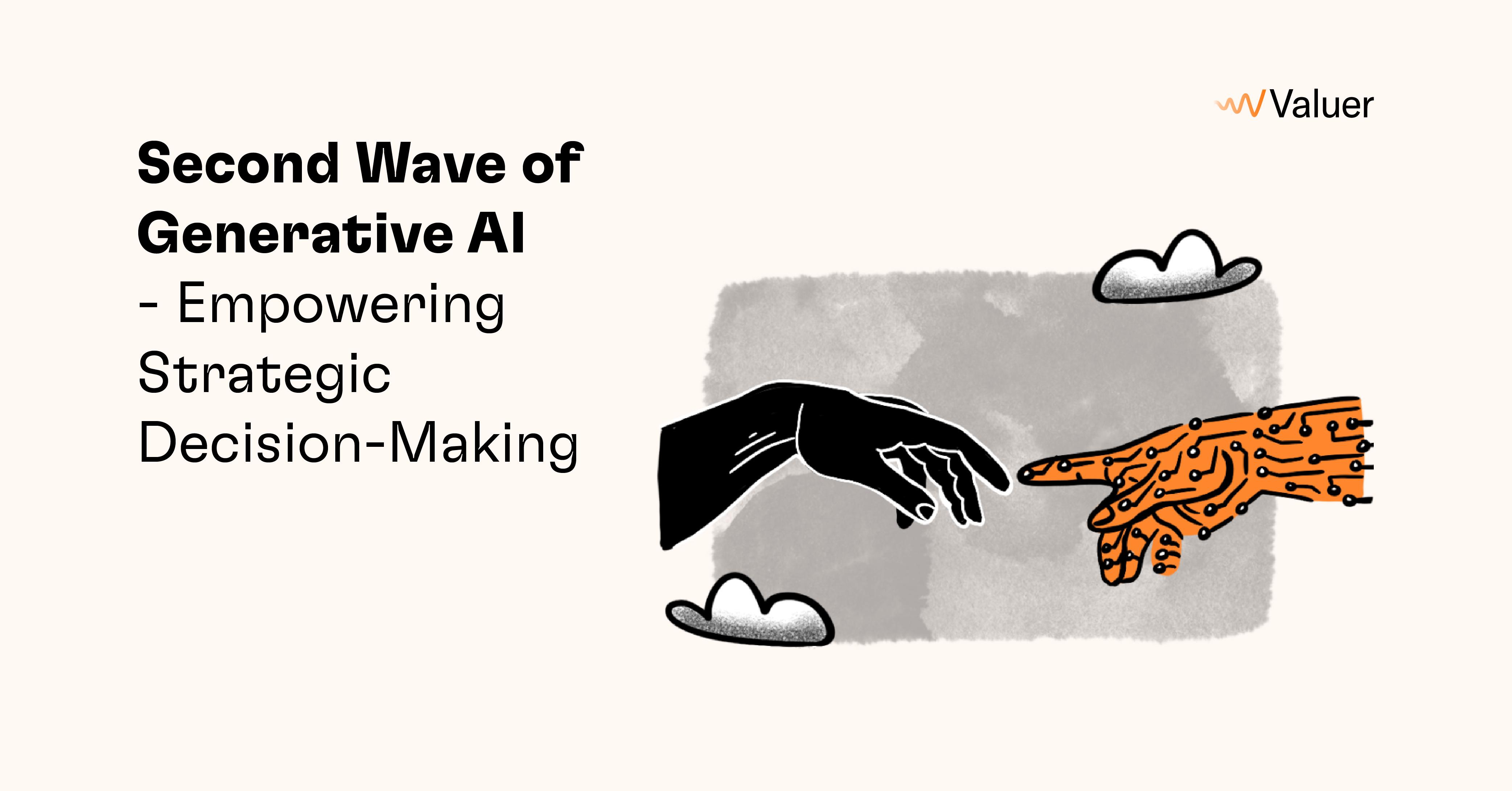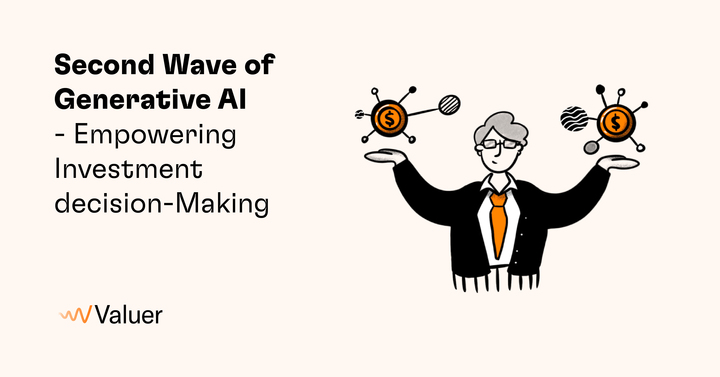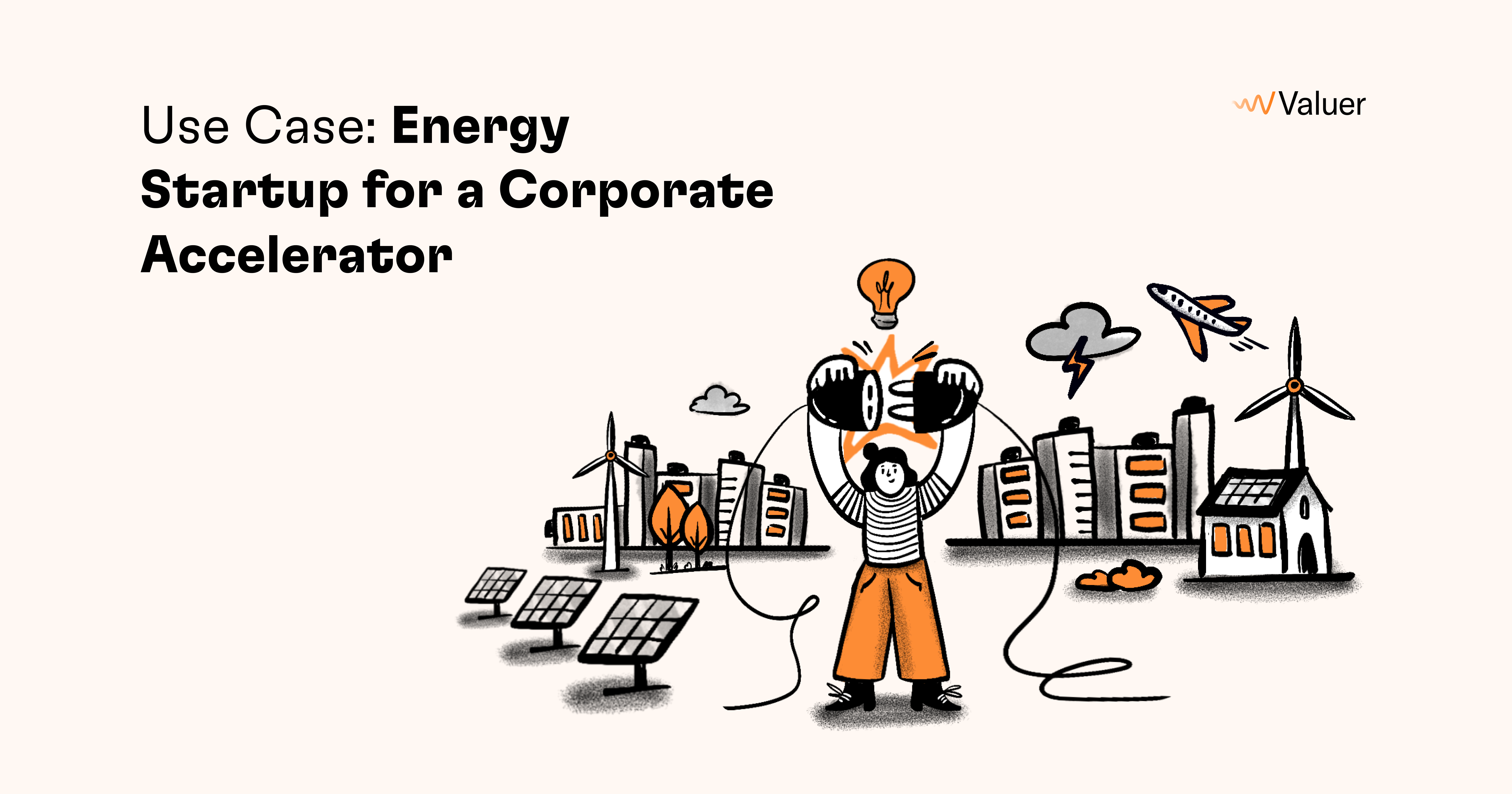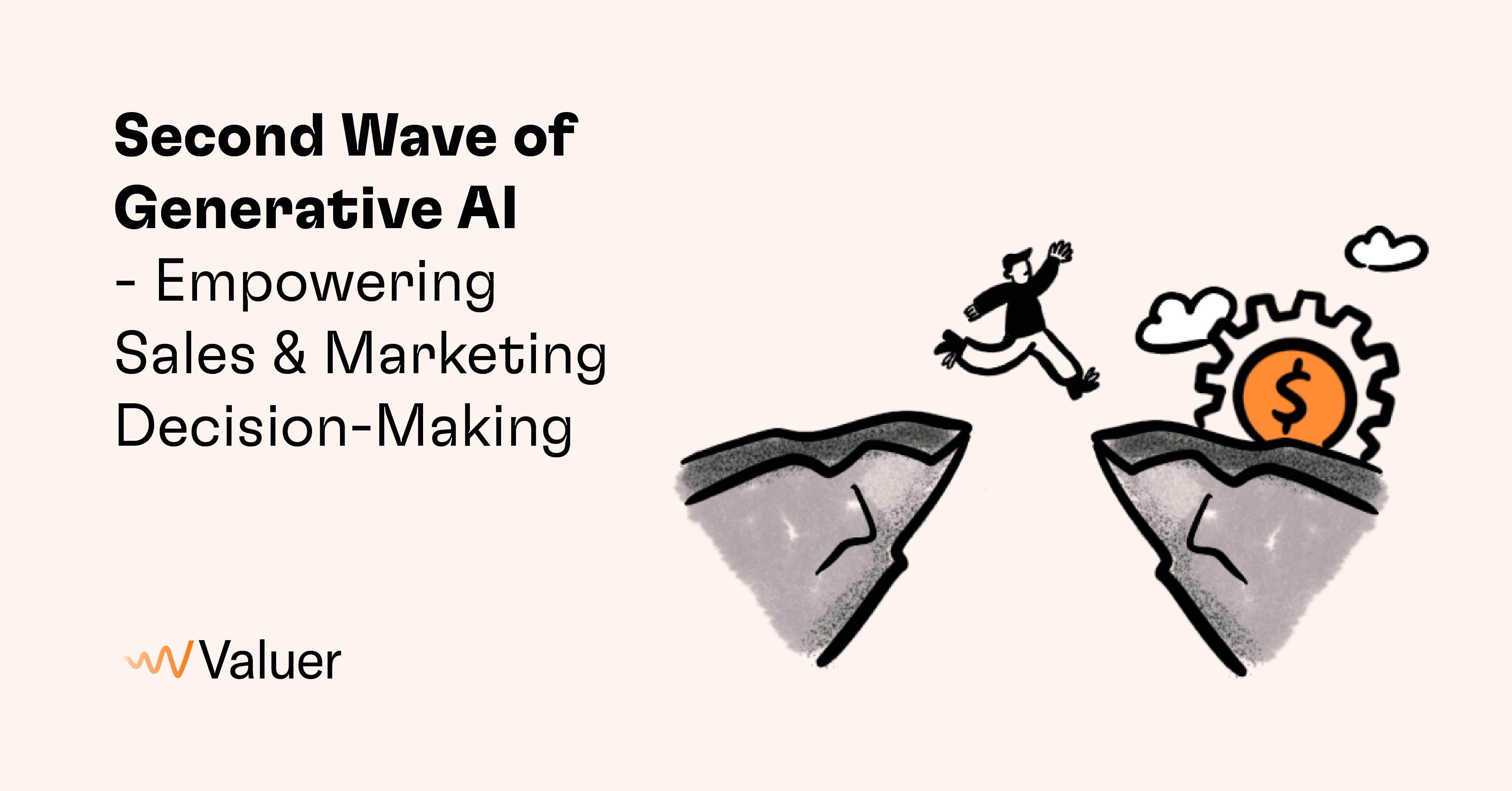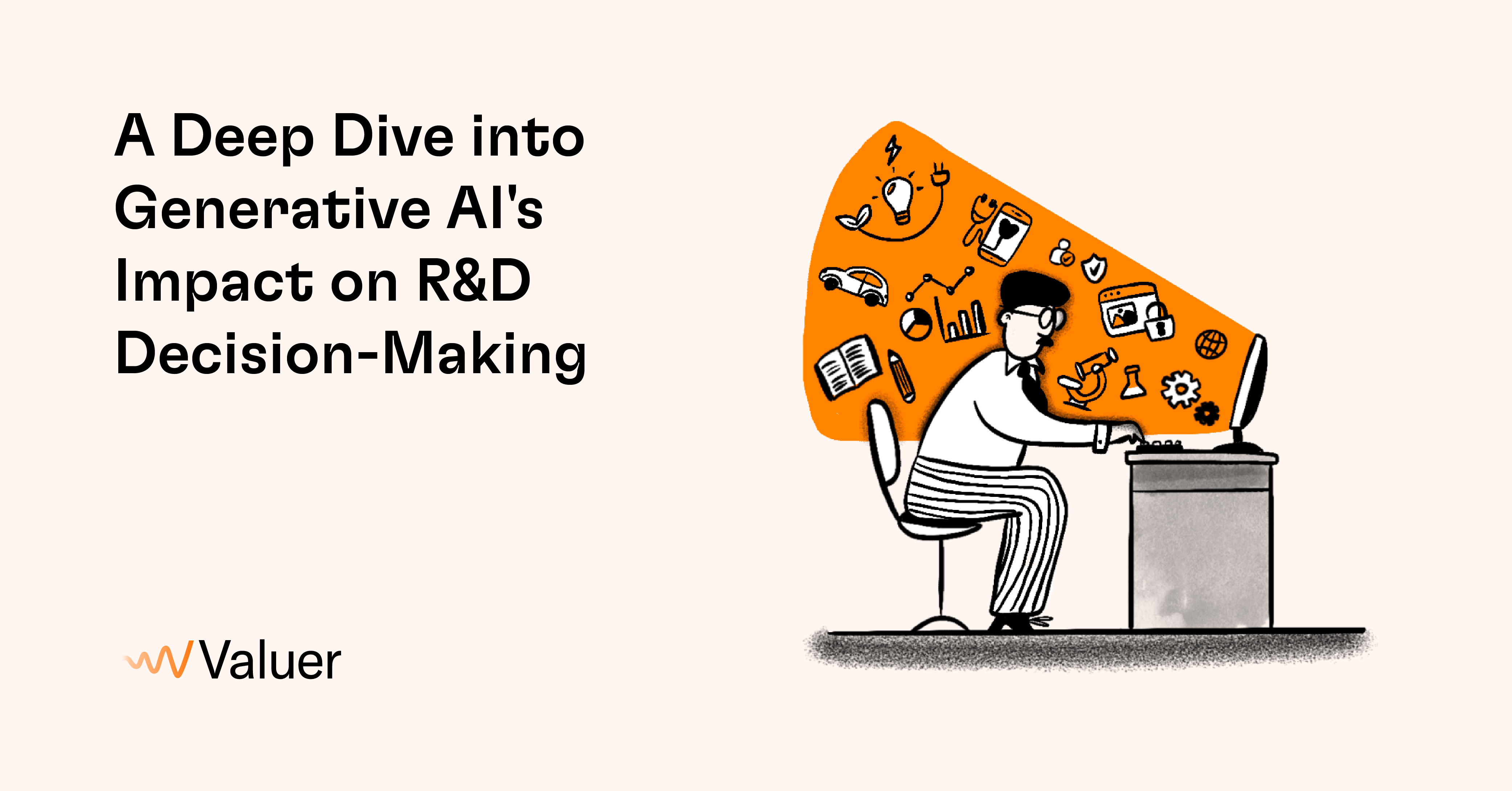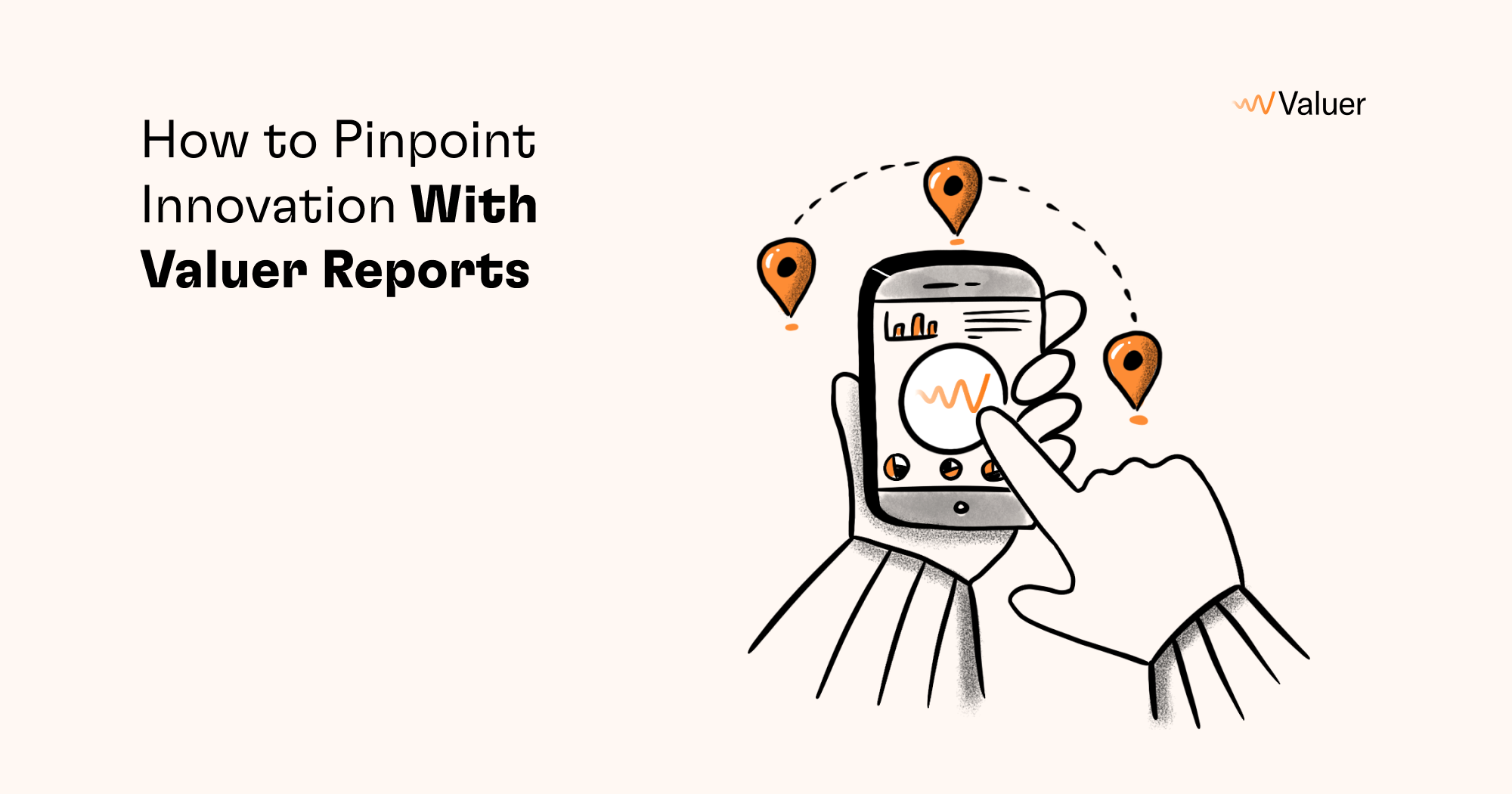Introduction
General purpose LLMs such as GPT-4 and Llama 2 have been a transformative revelation for countless individuals and organisations. Its emergence has illuminated the vast potential of AI, particularly in enhancing efficiency for routine, low-complexity tasks. This newfound awareness has rippled through industries like a tide, showcasing the immense value AI can bring. However, it's crucial to recognise that we are merely witnessing the dawn of AI's potential.
While autonomous and social AI innovations loom on the horizon, they are still years away from full realisation. In the near future, the wave of AI tailored to support decision-making is on the cusp of breaking, offering many opportunities for organisations keen on riding the next wave of technological advancement in AI.
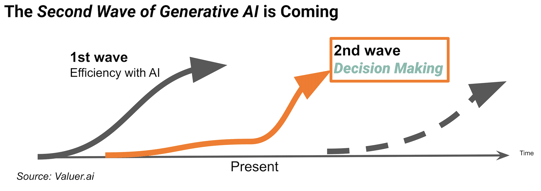
This article is the opening chapter of a series of insights presented by Valuer.ai, where we'll take a deep look at the second wave of generative AI as we envision it. Over the next four weeks, we'll provide practical examples of how generative AI will evolve to guide organisational decision-making.
So, join us as we embark on this journey through the second wave of generative AI. We'll explore how AI is poised to amplify decision-making processes by adding support for high-complexity task solving, and we'll provide valuable insights into its potential benefits and implications.
Let's begin with revisiting how the First Wave transformed low-complexity tasks
The first wave of generative AI brought us a treasure trove of tools and models that changed how we approach various low-complexity tasks. Here are some examples:
- Conversational AI (Chat-GPT): Chatbots powered by models like GPT-4 made it possible to have natural, human-like conversations with AI. From answering questions to generating creative content, they demonstrated the potential of generative AI.
- Creative Writing (Bard): Bard showed us that AI could be creative. It generated poetry, stories, and music, blurring the lines between human and machine-generated artistry.
- Practical Assistance (Llama): Models like Llama demonstrated their utility in everyday tasks. From drafting emails and creating presentations to developing diet plans and writing code, they proved invaluable for streamlining work processes.

The Second Wave: Pioneering High-Complexity Decision Making
As we delve deeper into the potential of generative AI, we begin to glimpse the second wave, where these models will extend their capabilities into high-complexity domains, particularly decision-making. Here are some examples of what the second wave will look like:
Strategic Decision-Making: In the realm of strategic decision-making, generative AI models will work alongside professionals to analyse complex data and recommend strategic plans. They will consider vast amounts of information to assist decision-makers in making critical choices.
Investment Decision-Making: In the financial world, generative AI can analyse market trends, economic data, and historical patterns to provide invaluable insights for investors and financial advisors, helping them make informed investment decisions.
Product Innovation Decision-Making: Companies can use generative AI to optimise product development processes, from ideation to design and testing. AI can simulate consumer preferences and predict market trends, guiding product decisions.
Sales & Marketing Decision-Making: In sales and marketing, generative AI can analyse consumer behaviour, market data, and advertising trends to provide insights and recommendations, enabling businesses to make strategic decisions.
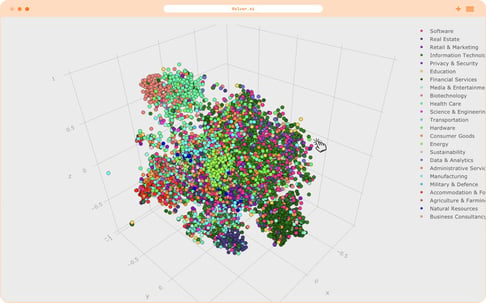
Conclusion
The journey of generative AI from the first wave to the second is a testament to the rapid evolution of technology. The first wave paved the way by demonstrating the capabilities of AI in everyday tasks, making our lives more convenient. Now, as we transition into the second wave, we stand on the brink of a new era where generative AI will become an indispensable tool in complex decision-making across various fields. Over the coming weeks, we'll explore the second wave's potential to transform industries and improve the human experience.
Is it time to question whether the traditional management consultant faces a formidable challenger?
Stay tuned for the next instalment in this series, where we'll dive into "Generative AI and Strategic Decision-Making."

